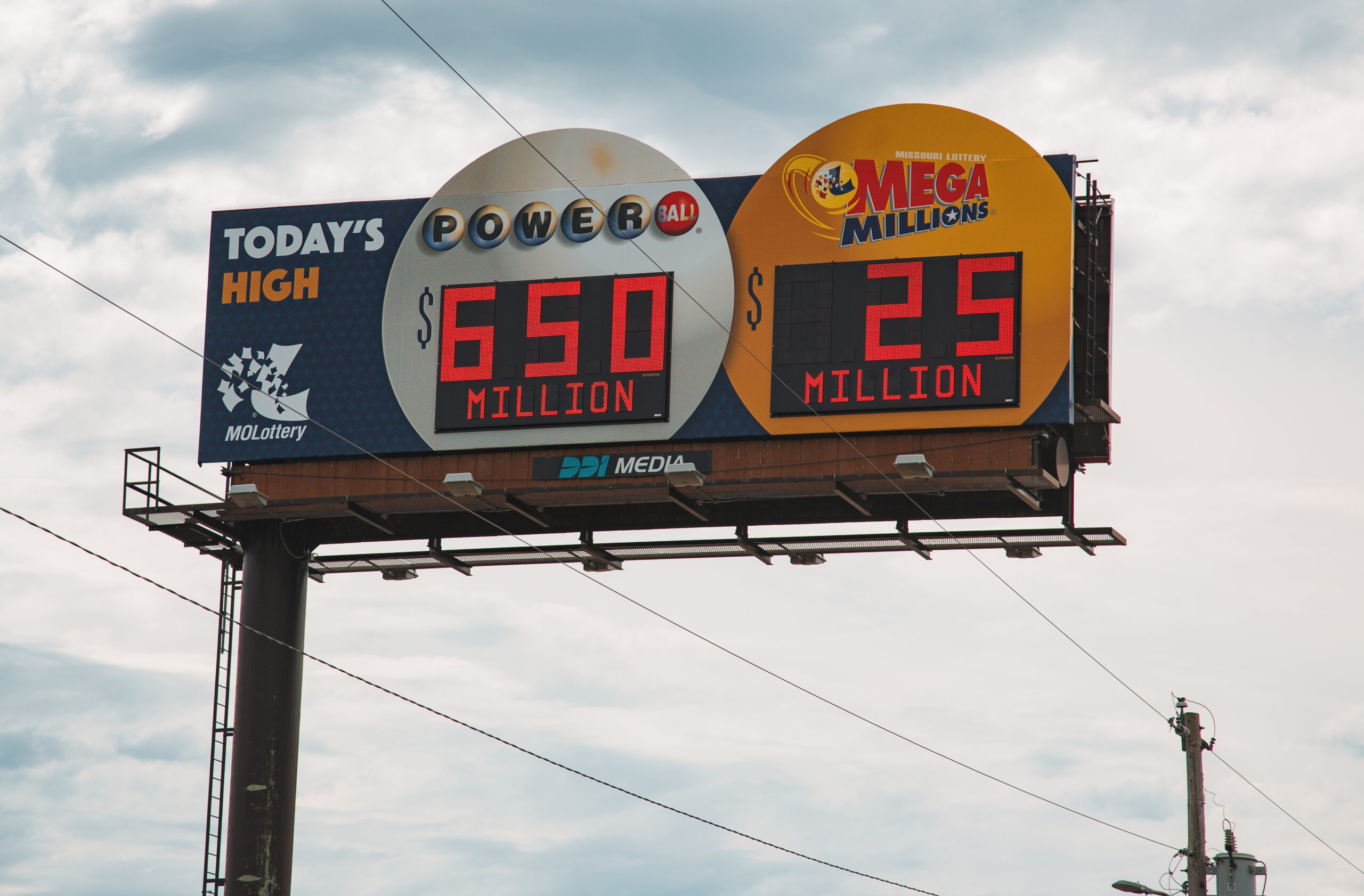Probability in Real Life > How To Calculate Odds of Winning

Difference Between Probability and Odds
Probability and odds are very closely related; the terms are often used interchangeably, but there is an important difference.
- Probability: divide chances of winning by the total number of chances available . For example, if you buy one ticket for a raffle with 100 tickets sold, you have one possible chance at a win, with 100 possible chances overall. Your probability of winning is 1/100. Probabilities can also be expressed as:
- Decimals; 1/100 = 0.01 (a fraction is just a division problem: plug 1/100 into any calculator to get the decimal equivalent)
- Percentages: to convert to a percent, multiply your decimal by 100 and add a % sign: 0.01 * 100 = 1%.
Odds are a ratio of your chances of losing to your chances of winning. Using the above raffle example, your chances of losing are 99 (the “other” tickets) and your chances of winning are 1 (the ticket you purchased). Your odds are 99 to 1.
To convert odds to probability:
- Place your chance of winning (1 in this example) in the numerator (top) of a fraction.
1/? - Add both values in the odds (99 and 1 in this example) and place that value in the fraction’s denominator (bottom): 1 + 99 = 100.
1/100
How To Calculate Odds of Winning: Example
You’ll often find sweepstakes listing odds in their official rules, but they are normally quite high. Sometimes, the odds will be explicitly stated. For example, Quilted Northern Bathroom Tissue’s 2005 sweepstakes published odds of 1:11,000,000 [1]. But in the vast majority of cases, you’ll find this statement in the official rules, like this one from Ellen’s 2021 sweepstakes [2]:
“Odds of winning depend upon the number of eligible entries received during the Entry Period.”
In order to calculate odds of winning (or probability of winning), you have to know how many total entries. Thanks to the advent of the internet, these contests gather millions of entries, which means your odds are extremely small of winning a particular sweepstakes. Let’s take a look at an example.
HGTV’s 2021 Smart Home sweepstakes, which offered the winner $100,000, a 2021 Mercedes-Benz, and a brand-new smart home in Naples, Florida, had 106 million entries [3]. You can use that information to calculate your odds of winning. The contest, which runs every year, allows each person two entries a day for around six weeks (42 days).
- Maximum entries = 2 * 42 = 84.
- Probability of winning = 84 / 106 million = .00000079245283, or 0.000079%.
To put that into perspective, if you take all of the people visiting Walt Disney World over a period of two years (that’s around 58 million people a year), and gave each of them one entry, 84 people would be winners. This analogy might sound like good odds, but if you’ve ever visited Disney World on one day, you’ll know how slim this probability is!
To calculate the odds, you would take your potential winning entries (84) and your potential losses (106,000,000 – 84 = 105,999,916). That’s odds of 84 to 105,999,916. Reducing this by simplifying (I used an online calculator), we get odds of 21 to 26,499,979.
This example shows that when you have a small number of “events” (in this example a sweepstakes is an “event”), odds are probabilities are almost identical.
Some Notable Exceptions
In gambling, like poker or blackjack, the odds is usually a subjective estimate of winning, not a mathematical computation. You also can’t calculate the odds of winning the lottery using the above technique. That’s because the odds are based on combinations (how many different ways the numbers can be chosen), not how many people enter. In other words, the odds never change whether fifty people enter or fifty million. See: How Lottery Odds are Calculated.
How to Calculate Odds of Winning: References
[1] Consumer Value-Maximizing Sweepstakes and Contests. https://www.jstor.org/stable/25674427
[2] Ellen 12 Days 2021 Sweepstakes. https://htv-prod-media.s3.amazonaws.com/files/2021-ellen-degeneres-12-days-sweeps-rules-and-material-terms-final-v1-1637608342.pdf
[3] Seattle education worker wins luxury home from HGTV
https://www.king5.com/article/entertainment/television/programs/evening/seattle-education-worker-wins-luxury-home-from-hgtv/281-44227107-bac6-4c08-a067-65914a5b01e0